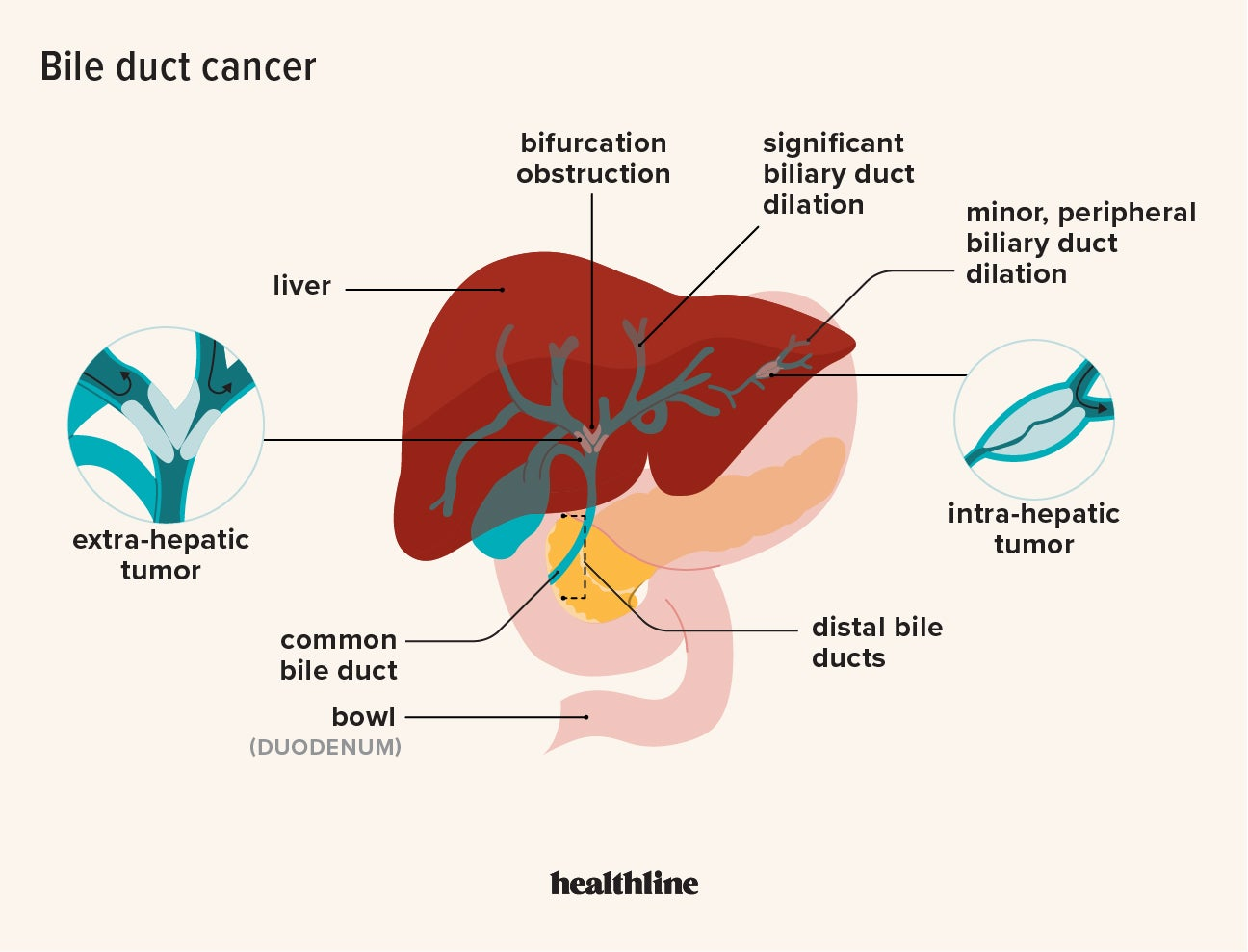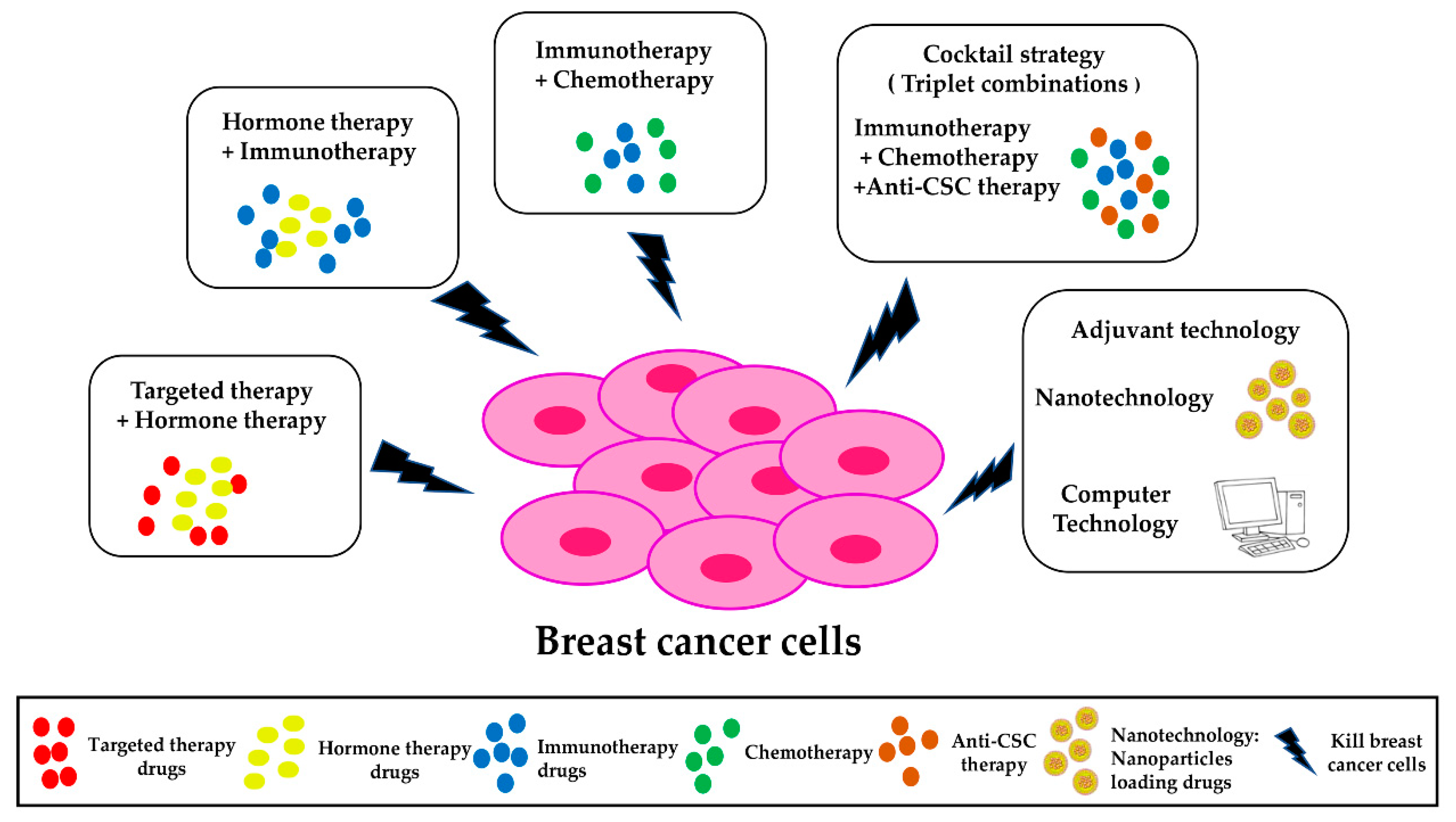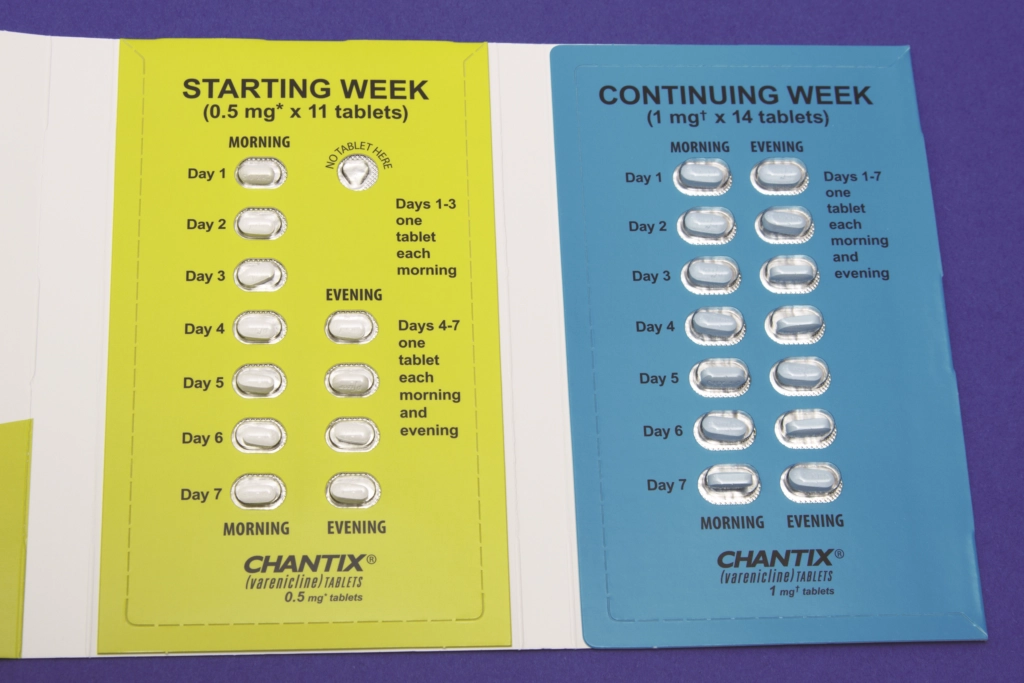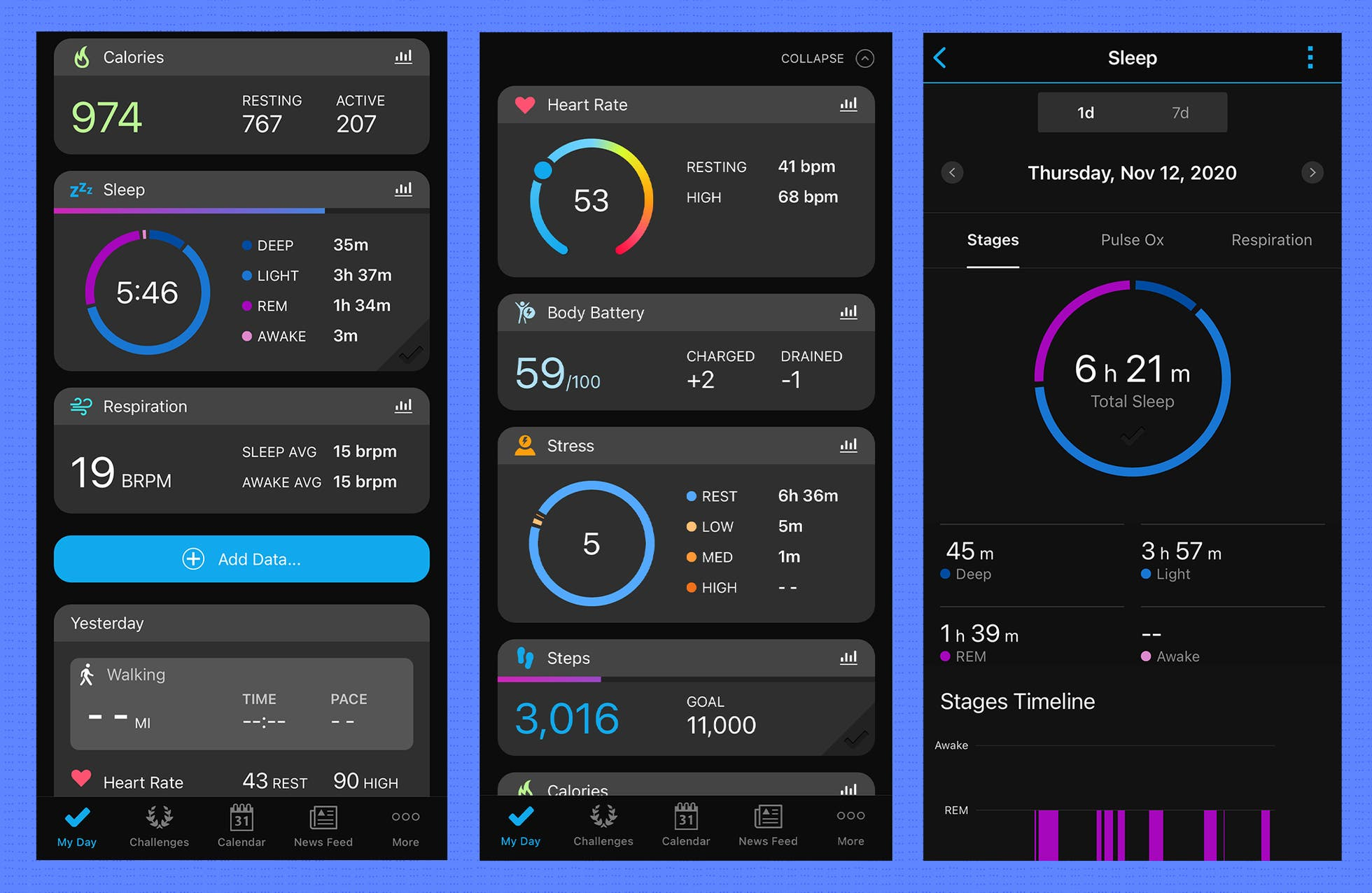Bile imbalance liver cancer is emerging as a crucial area of study, highlighting the relationship between disrupted bile acid regulation and the development of liver diseases, particularly hepatocellular carcinoma (HCC). Bile acids, essential for fat digestion, also play significant roles in regulating metabolic processes, and their imbalance can provoke severe liver damage and inflammation. Recent research has identified a key molecular switch that connects bile metabolism with liver cancer treatment, signifying a breakthrough in understanding cancer progression. Specifically, the role of the YAP protein in bile acid regulation has been brought to light, indicating that inhibiting its function could pave the way for novel therapeutic strategies. By enhancing FXR function, researchers aim to restore bile acid homeostasis and potentially halt the advancement of liver cancer.
The disruption of bile acid equilibrium has significant implications for liver health, particularly regarding liver malignancies. This phenomenon, often termed as cholestatic liver disease, relates not only to liver cancer but also to various metabolic disorders that can exacerbate the incidence of hepatocellular carcinoma. Understanding the intricate relationship between bile acids and cancer development can unlock new avenues for liver cancer therapies. By exploring how bile acid signaling pathways intersect with cellular growth and inflammation, researchers are uncovering vital connections relevant to conditions such as hepatic malignancy. This evolving field of study sheds light on how improving FXR function within the liver could provide new hope in combating liver diseases attributed to bile imbalance.
Understanding the Connection Between Bile Imbalance and Liver Cancer
Recent research highlights the alarming connection between bile imbalance and liver cancer, particularly hepatocellular carcinoma (HCC). Bile acids, produced by the liver, are crucial for digesting fats and play significant metabolic roles. When the balance of bile acids is disrupted, it can lead to serious liver conditions such as inflammation, fibrosis, and ultimately, cancer. This underscores why monitoring bile levels could be a vital aspect of liver cancer prevention and treatment.
The liver’s unique ability to produce bile aids in digestion and metabolic regulation. However, when bile acid homeostasis is disturbed, it can create a toxic environment conducive to liver disease. For instance, the dysregulation of bile acids not only promotes liver inflammation but also fosters the development of tumors. Addressing this bile imbalance could present new therapeutic avenues in liver cancer treatment.
The Role of YAP in Bile Acid Regulation and Liver Disease
YAP (Yes-associated protein) has recently garnered attention for its surprising role in liver cancer development. Typically associated with promoting cell growth, research suggests that YAP functions as a repressor in regulating bile acid metabolism. By inhibiting the crucial bile acid sensor FXR (Farnesoid X receptor), YAP contributes to bile acid overload, resulting in liver damage and the progression of conditions like HCC. Understanding YAP’s dual role could be pivotal for targeting liver cancers effectively.
The complexity of YAP’s function in bile acid regulation hints at a broader mechanism through which liver diseases, including cancer, arise. By blocking YAP’s repressive actions or enhancing FXR functions, researchers are paving the way for potential treatments that may mitigate liver damage and cancer risk. This highlights an important intersection between cellular signaling pathways and liver health, offering insights into potential pharmacological interventions that could revolutionize liver cancer therapies.
Exploring FXR Function in Liver Health
Farnesoid X receptor (FXR) plays a vital role in maintaining bile acid homeostasis in the liver. FXR is a nuclear receptor that not only facilitates bile acid metabolism but also acts as a regulatory mechanism for cholesterol and triglyceride levels. By ensuring that bile acids are appropriately managed, FXR prevents the toxic accumulation of these compounds in the liver, thereby safeguarding against inflammation and liver cancer such as HCC.
The potential for FXR-targeted therapies in the context of liver diseases is promising. As studies suggest that enhancing FXR function may decrease liver damage and inhibit the progression of cancer, this receptor offers a strategic focus for researchers. Developing drugs that activate FXR or mimic its action could hold the key to novel treatments, thus providing a new pathway for tackling liver cancer through regulating bile acids.
Implications of Bile Acids in Liver Cancer Treatment
The relationship between bile acids and liver cancer points towards innovative treatment strategies. As highlighted in the research, correcting bile acid imbalance can mitigate the risk of conditions such as HCC, which is crucial given the rising incidence of liver cancer globally. Potential treatments that enhance bile acid excretion or promote FXR signaling can pave the way for better management of liver health, leading to reduced cancer risks.
Furthermore, this exploration into bile acids suggests a need for a paradigm shift in liver cancer treatment. By harnessing the body’s natural mechanisms through lifestyle or pharmacological interventions to adjust bile acid levels, healthcare providers may develop more effective strategies for preventing and treating liver cancer. This approach could transform the landscape of liver disease management, shifting from reactive to proactive measures.
Cancer and the Disruption of Bile Acid Homeostasis
The disruption of bile acid homeostasis poses significant risks for developing liver cancer, particularly in the context of chronic liver diseases. This imbalance creates an inflammatory environment, conducive to the progression from fibrosis to hepatocellular carcinoma. Understanding the biochemical pathways involved in bile metabolism and their implications for liver cancer is crucial in developing targeted preventive and therapeutic interventions.
Moreover, this chronic imbalance in bile acids underscores the necessity for regular monitoring and early intervention in at-risk populations. Enhancing our understanding of bile acids’ roles could inspire innovative research that not only aims to treat existing liver cancers but also provides frameworks for their prevention. Thus, framing liver cancer within the broader context of bile metabolism may open new avenues for clinical practices.
The Future of Liver Cancer Research and Treatment
As research continues to unveil the intricate roles of bile acids, YAP, and FXR in liver cancer, the potential for new treatment options becomes increasingly evident. The key findings signify that targeting bile acid metabolism may be vital in combating liver diseases, including HCC. With ongoing studies, there is hope for developing innovative therapies that not only treat liver cancer effectively but also prevent its onset.
In summary, the future of liver cancer treatment may heavily rely on providers’ ability to navigate the complex interactions of metabolic pathways and their roles in bile production and regulation. By widening the scope of cancer therapies to include metabolic interventions, there appears to be a groundswell of potential for improved patient outcomes. The integration of metabolic insights into liver cancer research is positioned to shape transformative approaches in the management of liver diseases.
Preventive Strategies for Liver Cancer Through Bile Regulation
Given the association between bile imbalance and liver cancer progression, implementing preventive strategies becomes increasingly vital. These strategies may include lifestyle modifications focusing on nutrition, weight management, and regular health screenings to monitor liver function and bile acid levels. By doing so, individuals can significantly reduce their risk of developing liver diseases, including hepatocellular carcinoma.
Moreover, healthcare professionals can empower patients by promoting awareness of the factors that influence bile determination and liver health. As research progresses, implementing findings related to bile regulation into public health initiatives could serve as a preventive measure against liver cancers. Enhancing education around lifestyle choices and monitoring liver health can ultimately contribute to better outcomes and a reduction in liver cancer incidents.
The Interplay Between Bile Acids and Metabolic Disorders
The interplay between bile acids and metabolic disorders illustrates a crucial aspect of liver cancer development. With bile acids serving not only as digestive agents but also as signaling molecules, their dysregulation impacts various metabolic pathways linked to the liver and systemic health. This complex relationship emphasizes the need for further research to understand how metabolic disorders may predispose individuals to liver diseases, including HCC.
Furthermore, addressing metabolic health through controlling bile acid levels offers an exciting opportunity for intervention in liver cancer treatment. Therapies targeting bile acid metabolism could improve overall metabolic health and potentially reduce the incidence of liver cancer among high-risk populations. This highlights a promising direction in integrating metabolic health management with liver disease prevention strategies.
Bile Acids as Biomarkers for Liver Disease
Recent advances in liver disease research indicate that bile acids might serve as biomarkers for detecting liver conditions, including hepatocellular carcinoma. The levels and composition of bile acids can reveal significant information regarding liver function and identify potential diseases early. This can lead to timely interventions that may improve patient outcomes.
Understanding bile acids as biomarkers also opens doors for developing non-invasive diagnostic tools. As a result, patients might benefit from routine bile acid profiling as part of prophylactic health measures primarily focused on preventing liver cancer. Such advancements could revolutionize the way healthcare providers assess liver health, leading to better prediction and management of liver disease.
Frequently Asked Questions
What is the connection between bile imbalance and liver cancer?
Bile imbalance plays a significant role in the development of liver cancer, particularly hepatocellular carcinoma (HCC). Disruptions in bile acid production can lead to liver injury and inflammation, which are precursors to cancer. Recent research identified a molecular switch involving the YAP signaling pathway that regulates bile acid metabolism, suggesting that managing bile acid levels could be vital in liver cancer treatment.
How do bile acids influence liver cancer treatment options?
Bile acids not only assist in fat digestion but also regulate various metabolic processes. Their imbalance can contribute to liver diseases, including liver cancer. Understanding the FXR function in the liver opens up new possibilities for liver cancer treatment by targeting bile acids and their metabolic pathways, potentially leading to new pharmacological interventions.
Can bile acids and cancer be linked through the FXR pathway?
Yes, bile acids interact with the Farnesoid X receptor (FXR), a key regulator of bile acid homeostasis. In liver cancer, the dysregulation of bile acids due to YAP’s interference with FXR can lead to increased risk for hepatocellular carcinoma. Therapies aimed at enhancing FXR function could be promising for correcting bile imbalance and preventing liver cancer.
What role does YAP play in bile imbalance related to liver disease?
YAP, a key player in the Hippo signaling pathway, has a dual role in liver disease. While it often promotes cell growth, it also acts as a repressor of FXR, leading to bile acid overproduction. This overproduction contributes to inflammation and the progression of diseases like liver cancer, making YAP an important target for therapeutic interventions.
What are the potential therapeutic approaches for liver cancer linked to bile imbalance?
Research indicates that enhancing FXR function, inhibiting YAP’s repressive actions, or promoting bile acid excretion might be effective strategies in treating liver cancer associated with bile imbalance. These approaches aim to restore bile homeostasis and mitigate liver damage.
| Key Points | Details |
|---|---|
| Bile Imbalance and Liver Cancer | A study links bile acid imbalance to hepatocellular carcinoma (HCC), the most common form of liver cancer. |
| Key Molecular Switch | The research identifies a molecular switch in bile acid regulation, critical for understanding liver cancer treatments. |
| Role of Bile | Bile helps digest fats and also regulates metabolic processes through bile acids. |
| Research Focus | Led by Yingzi Yang, the study investigates how disruptions in bile acid production lead to liver injury and cancer. |
| YAP and FXR Interaction | YAP activation disturbs FXR function, leading to bile acid overproduction and potential liver cancer progression. |
| Potential Treatments | Research suggests that enhancing FXR or promoting bile acid excretion could mitigate liver damage and cancer. |
Summary
Bile imbalance linked to liver cancer highlights the critical role of bile acids in liver health and disease. The recent findings underscore how disruptions in bile acid regulation can lead to hepatocellular carcinoma (HCC). Understanding the molecular mechanisms involved, especially the role of YAP and its interaction with FXR, opens potential pathways for innovative treatments. Further research may lead to pharmacological advancements that encourage bile acid homeostasis, providing hope for effective liver cancer interventions.



